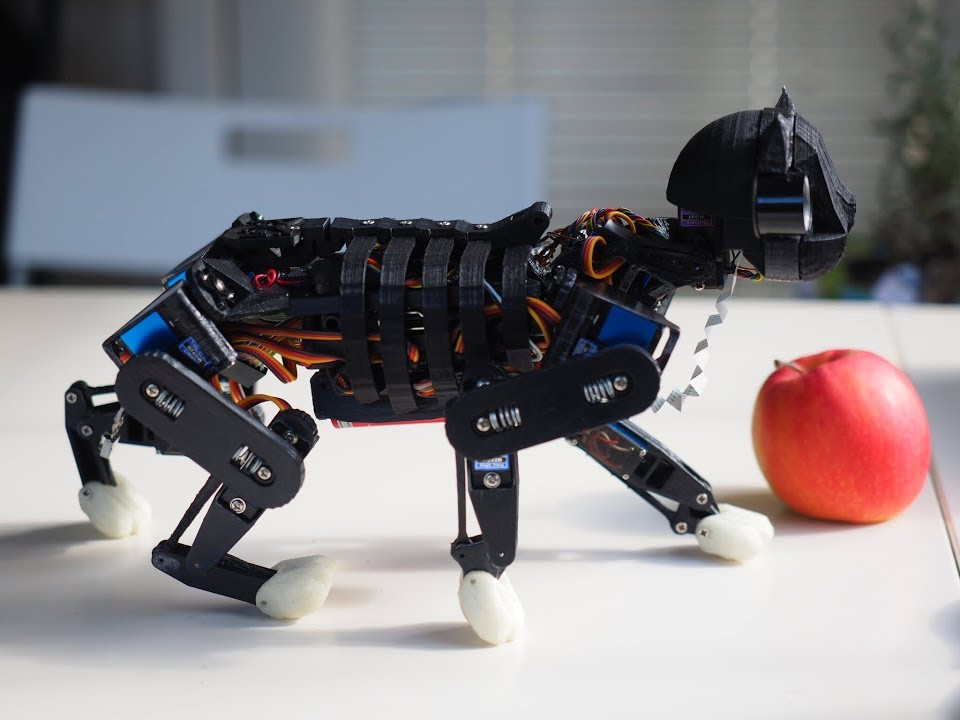In a significant restructuring move, iRobot, the company behind the iconic Roomba robot vacuum, announced another round of layoffs affecting 105 employees, representing 16% of its global workforce. This latest reduction, revealed during the company's Q3 earnings call, brings the total workforce reduction to nearly 50% since the beginning of 2024, marking a dramatic shift for the robotics pioneer that has sold over 50 million robots worldwide.
The Massachusetts-based company's challenges stem from multiple factors, most notably the collapsed $1.7 billion acquisition deal with Amazon earlier this year. The failed merger, which resulted in a $94 million termination payment from Amazon, came after regulators raised concerns about potential competition restrictions in the market.
Gary Cohen, who took the helm as CEO in May 2024, outlined the company's strategic response during the earnings call. "These moves, while challenging, have fundamentally changed the way we work with our partners," Cohen explained, highlighting that the new operating model can deliver increased product innovations with significantly reduced resources and costs.
The company's financial performance reflects these turbulent times. While Q3 2024 revenue reached $193.4 million, showing modest growth from $186.2 million in Q3 2023, the company faces regional challenges with declining performance in Japan and EMEA markets. This stands in stark contrast to iRobot's peak performance in 2021, when it achieved record revenue of $1.56 billion.
Beyond immediate financial concerns, iRobot's struggles highlight broader challenges in product innovation. Despite its groundbreaking success with the Roomba in 2002, the company has struggled to diversify its portfolio, discontinuing ventures into lawn mowing, pool cleaning, and air purification. The competitive landscape has also shifted dramatically, with numerous manufacturers now offering similar robot vacuums at lower price points.
Looking ahead, iRobot's leadership remains cautiously optimistic. CFO Julie Zeiler projects a return to year-over-year growth by 2025, with stronger performance expected in the latter half of that year. The company's turnaround strategy, dubbed "iRobot Elevate," focuses on leveraging its brand power while streamlining operations.
For 2024, iRobot projects total revenue between $685 million and $710 million, with a gross margin of 25% to 26%. While these figures represent a significant decline from previous years, they reflect the company's renewed focus on operational efficiency and sustainable growth in an increasingly competitive market.
The story of iRobot's current challenges serves as a cautionary tale about the difficulties of maintaining innovation and market leadership in the rapidly evolving robotics industry, even for well-established brands with strong market presence.


















